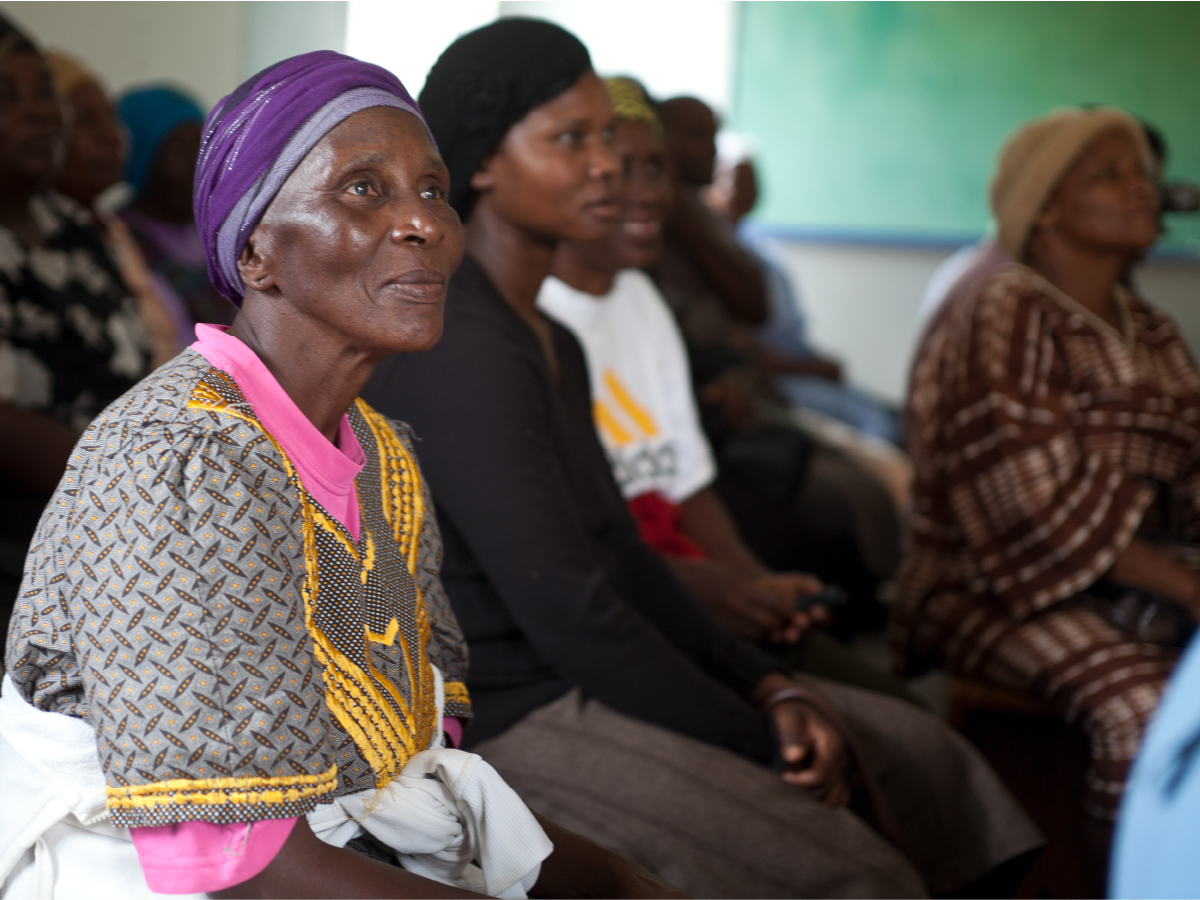A landmark clinical study supported by ICAP has demonstrated that an injectable form of Pre-Exposure Prophylaxis (PrEP) is highly effective in preventing HIV acquisition in women, presenting a welcome new option to help keep women safe from the virus that causes AIDS.
The study, known as HPTN 084, found that an injection of an antiretroviral medication called Long-Acting Cabotegravir (CAB LA), given once every two months, was nearly nine times more effective at preventing HIV infection than the oral version of PrEP known as Tenofovir/Emtricitabine (TDF/FTC), which must be taken every day. The study was implemented in seven countries in sub-Saharan Africa, including the Kingdom of Eswatini. In Eswatini, the trial was overseen by the Ministry of Health in partnership with ICAP in Eswatini and the Family Life Association of Eswatini (FLAS) over three years of intensive collaboration. The study’s completion represents a major milestone in Eswatini’s health research infrastructure development as the country’s first randomized clinical trial with an investigational product and the first research site accredited by the U.S. National Institutes of Health Division of AIDS (DAIDS) for clinical trials.
The study was halted early after successfully meeting its research objectives ahead of schedule – a sign of the overwhelming evidence of the effectiveness of the injectable PrEP protocol. ICAP also supported a sister study, HPTN 083, which demonstrated similar findings on the efficacy of the same injectable drug for PrEP among men who have sex with men and transgender women in the United States.
Among participants in Eswatini, a total of 38 HIV infections occurred among 3,223 females enrolled in the HPTN 084 study– four infections among women given the injectable CAB LA and 34 infections among women who received oral PrEP (FTC/TDF). In other words, the risk of HIV infection was significantly lower with CAB LA injections than with daily oral PrEP for trial participants, making the injectable PrEP a more successful agent in preventing HIV transmission overall. When taken daily, oral dosages of PrEP help to reduce risk of new HIV infection up to 99%. However, because people don’t always take their pills as prescribed, longer-acting HIV prevention methods are seen as critical to reduce new HIV infections.
In remarks celebrating the encouraging results of the study, Eswatini’s Minister of Health Senator Lizzie Nkosi said, “Eswatini is proud to have participated in this groundbreaking study and to be able to contribute to the introduction of a new HIV prevention method that will help women stay healthy – not only in Eswatini, but all across Africa and around the world.”
While injectable PrEP is not yet widely available in Eswatini, the encouraging results of this trial have provided the Ministry of Health and supporting partners with important evidence to engage sponsors in discussions on the availability of CAB LA throughout the country’s health facilities. Following the official acceptance of the results by the Ministry, the HPTN 084 study team will continue to review and share the results from the study, and national stakeholders will be invited to participate in discussions relating to policy implications of these findings. Additionally, study participants will be offered an option to continue taking oral PrEP or switch to the injectable version.
Results from HPTN 084 demonstrate that – while not a standalone solution – a convenient, injectable prevention method is highly effective in protecting women from HIV infection. Furthermore, when long-acting injectable PrEP is used together with other well-established HIV prevention methods, it can be an important tool to reduce HIV transmission and safeguard the health of women around the world.
A major global health organization that has been improving public health in countries around the world for over 15 years, ICAP works to transform the health of populations through innovation, science, and global collaboration. Based at Columbia University in New York City, where it is part of the Mailman School of Public Health, ICAP has projects in more than 30 countries, working side-by-side with ministries of health and local partners to confront some of the world’s toughest health challenges. Through meaningful research, tailored technical assistance, effective training and education programs, and rigorous surveillance to measure and evaluate the impact of public health interventions, ICAP aims to realize a global vision of healthy people, empowered communities, and thriving societies. Online at icap.columbia.edu








